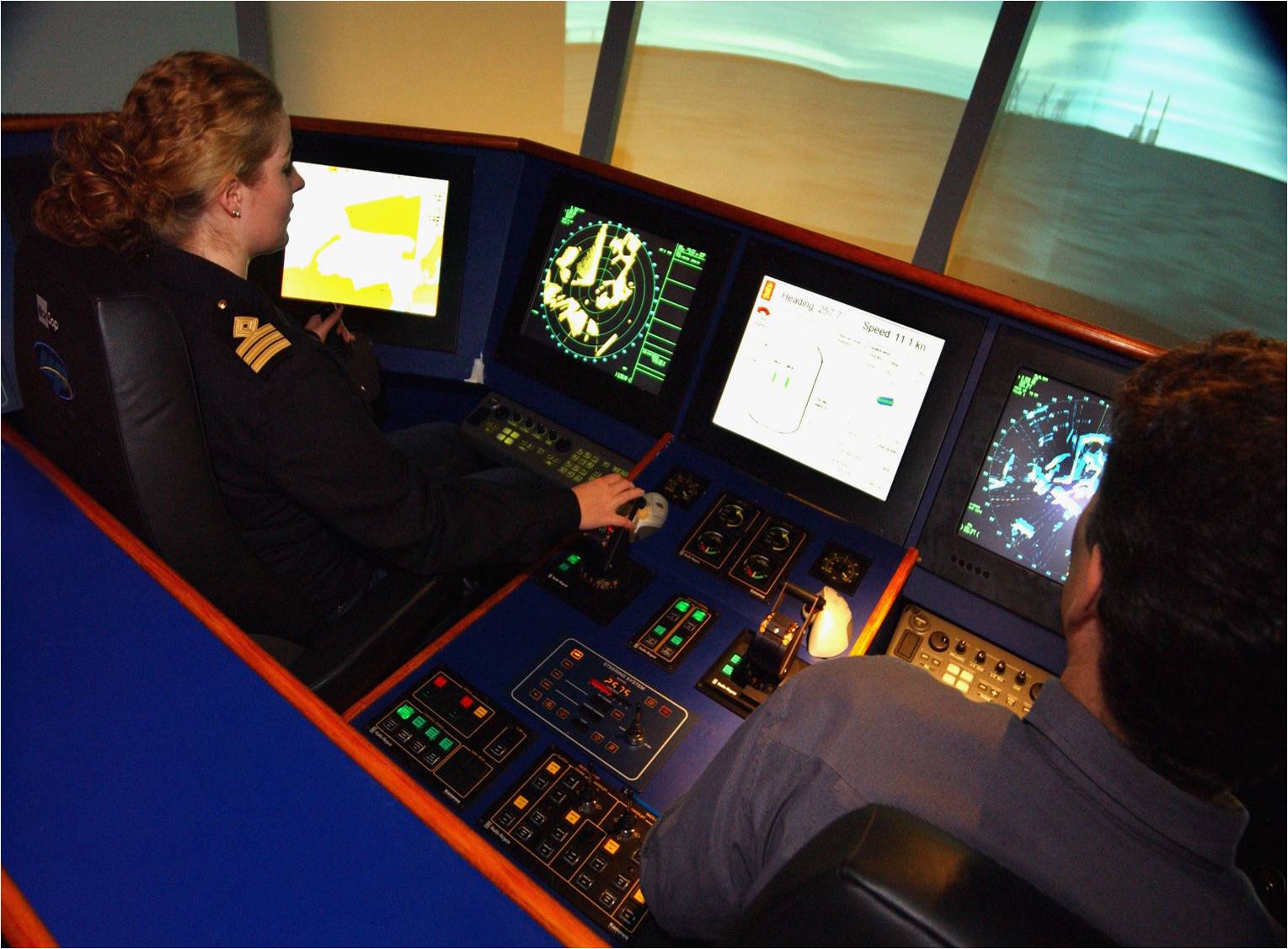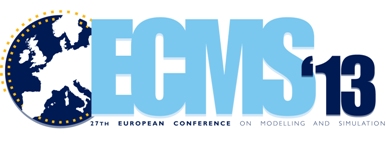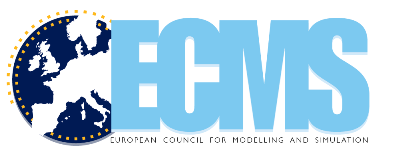ECMS 2013
May 27th
- 30th, 2013
┼lesund,
Norway
Simulation of Social Interaction (SOCINT)







Agent-based simulation allows for the explicit representation of social
interaction within simulation. Here the behaviour of agents in the
simulation represents the behaviour of actors, with the interaction
between actors represented as messages between the agents. The outcomes of
such simulations are not always obvious from their set-up allowing for the
phenomena of emergence. This kind of simulation has its own distinctive
opportunities and problems, which has meant that it has tended to be
reported in different venues from the main simulation community, being
closer to social rather than computer science. It does allow for social
science issues to be represented explicitly and explored, which enables
for their consequences to be better understood and also for the outcomes
to be compared to observed outcomes.
This track is a chance to bring the social simulation and wider
simulation communities together and should be of particular interest to
those from the social science end of the spectrum, including (but not
limited to) social scientists themselves.
-
Reputation and endorsement processes
-
Group formation, maintenance, dissolution
-
Social emergence and unpredictability
-
Influence and interaction over social networks
-
Descriptive simulations of observed social processes and systems (e.g. science itself)
-
How trust develops and is maintained plus its effects
-
Cooperation, coordination and social norms (but not purely game theoretic approaches)
-
People interacting via the internet via Facebook, Flickr, Twitter etc.
-
Discussive, consensus and agreement processes
-
Social and culture dynamics
-
The simulation of historical patterns and past societies
-
complex organisation behaviour and inter-organisational networks
Please note that if your simulation is to model the results of policy, it
probably should go to the Policy Modelling track, and that if it
concentrates on the more computer science aspects of simulating or is not
modelling interaction between social actors then it probably belongs to the
Agent-Based Modelling track.
Track-chair:
Bruce Edmonds
Centre for Policy Modelling
Manchester Metropolitan University Business School
All
Saints Campus, Oxford Road, Manchester M15 6BH
United
Kingdom
email:
bruce[at]edmonds.name
Co-chair: Flaminio Squazzoni
University of Brescia
Department of Social Sciences
Via San
Faustino 74/B
25122 Brescia, Italy
IPC members:
Frederic
Amblard, UniversitÚ Toulouse 1, France
Giangiacomo Bravo, University of
Turin, Italy
Edmund Chattoe-Brown, University
of Leicester, United Kingdom
Guillaume Deffuant, IRSTEA, France
David Hales, Open University, United
Kingdom
Luis Izquierdo, Universidad de
Burgos, Spain
Wander Jager, University of Groningen, The
Netherlands
Marco Janssen, Arizona State University, USA
Mario Paolucci, ISTC/CNR, Italy
Juliette Rouchier, GREQAM/CNRS,
France
Karoly Takacs, Corvinus University of Budapest, Hungary
Harko Verhagen, Stockholm University, Sweden
Page
created by M.-M. Seidel Last update
.
ę Copyright ECMS - All Rights Reserved


